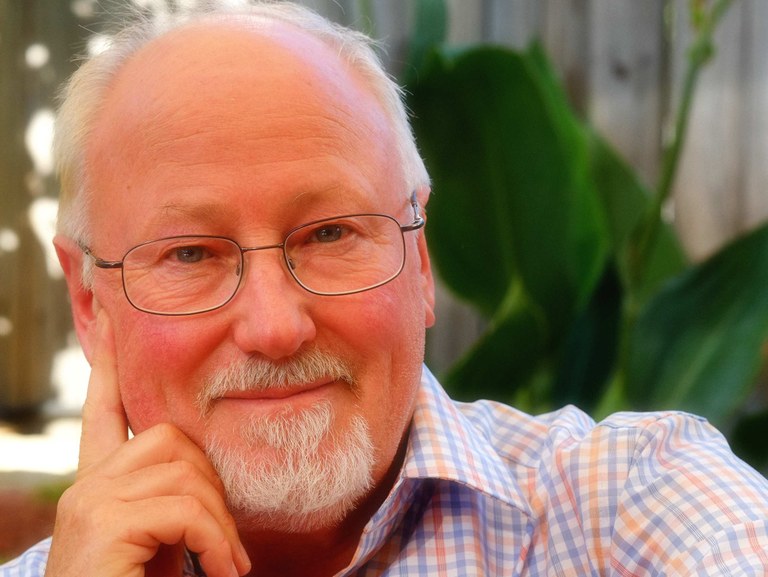
Creating liquid 'petroleum' from solar energy
Published 2 October 2015. Australia’s bountiful sunshine, with predictions of plenty more on the way, make the lucky country one of the world’s sunniest, and an ideal candidate to stake a claim as one of the world’s richest oil provinces of the 21st Century...
Australia’s bountiful sunshine, with predictions of plenty more on the way, make the lucky country one of the world’s sunniest, and an ideal candidate to stake a claim as one of the world’s richest oil provinces of the 21st Century.
Enter professor Julian Cribb, Australia’s prolific scientific journalist/author/communicator who in three decades has published more than 8000 articles, edited national newspapers, developed the CSIRO communications strategy and written eight books including ‘The Coming Famine’.
He believes algae is the foundation of a brave new future to not only secure Australia’s fuel independence but also help revitalise regional Australia.
“Algae culture has the potential to make Australia 100 percent self-sufficient in transport fuels and food”, professor Cribb said.
“It can create major new industries in aquaculture, plastics, textiles, health, food, paper, industrial chemicals and pharmaceuticals – it can generate an estimated $50 billion in new revenue and create over 50,000 new jobs, mainly in regional Australia.” he continued.
Algae, which can be grown anywhere as it feeds on carbon dioxide, so as well as eating for free, it’s creating an ongoing carbon sink for that particular greenhouse gas.
Simply put, algal plants capture sunlight and store it as oil and have the potential to produce 100 times more product than land-based plants such as canola, mustard and soybeans.
“Oil is typically recovered by filtering the algae to remove the water and then by cycloning them to extract the oil or else by using a combination of heat and pressure in processes such as hydrothermal liquefaction”, professor Cribb said.
“This leaves a high-value residue of protein-rich material that can be made into human food or fed to farm livestock and fish, as it is high in naturally occurring omega 3s, vitamins and betacarotene, highly desirable in a healthy diet.”
“Processes for extracting fresh oil from algae are simpler, cleaner, safer, less polluting and potentially cheaper than extracting fossil oil from deep underground or beneath the ocean – furthermore fresh algal oil is entirely renewable and, if well designed, has little or no greenhouse impact.” he said.
This is the closet humans can get to creating a usable form of liquid ‘petroleum’ from solar energy.
Macquarie 2100 is bringing Julian Cribb to the region to speak about the huge challenges and opportunities for agriculture into the future.
Anyone with a passion for the future of regional Australia is invited to attend an evening talk with Julian Cribb at Narromine Aero Club on 14 October at 7pm.
There’s no charge to attend but please RSVP to John Ryan, Macquarie 2100 Executive Officer, m2100@bigpond.com or 0429 452 245.




